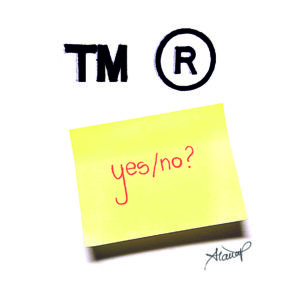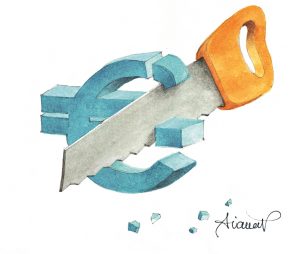It’s not uncommon for authors to receive a note from the editor of a peer-reviewed journal that says,
- “the authors are advised to get professional English language editing services”,
- “have the manuscript checked by someone with full professional proficiency in English”,
“the authors need a native English-speaking co-author to thoroughly revise the grammar of this manuscript” (as Adriana Romero-Olivares received), or - “seek help from a native English speaker to correct the grammar of the manuscript” (if you’re a journal editor, please read this brilliant article by Small Pond Science).









